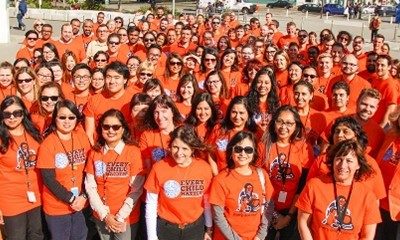Trent and Scott Young are two Indigenous Australian entrepreneurs and business leaders who are proving that Indigenous entrepreneurs can be successful in all sorts of business ventures, including ones that are not tied to an Indigenous cultural focus. There is still a widely-held perception that Indigenous Australian businesses are limited to cultural areas such as Indige- nous arts, bush food, and tourism operations.
Instead the two brothers have decided to focus on building careers for younger workers in the open market.
Read the entire profile here: PS – Young- 1



